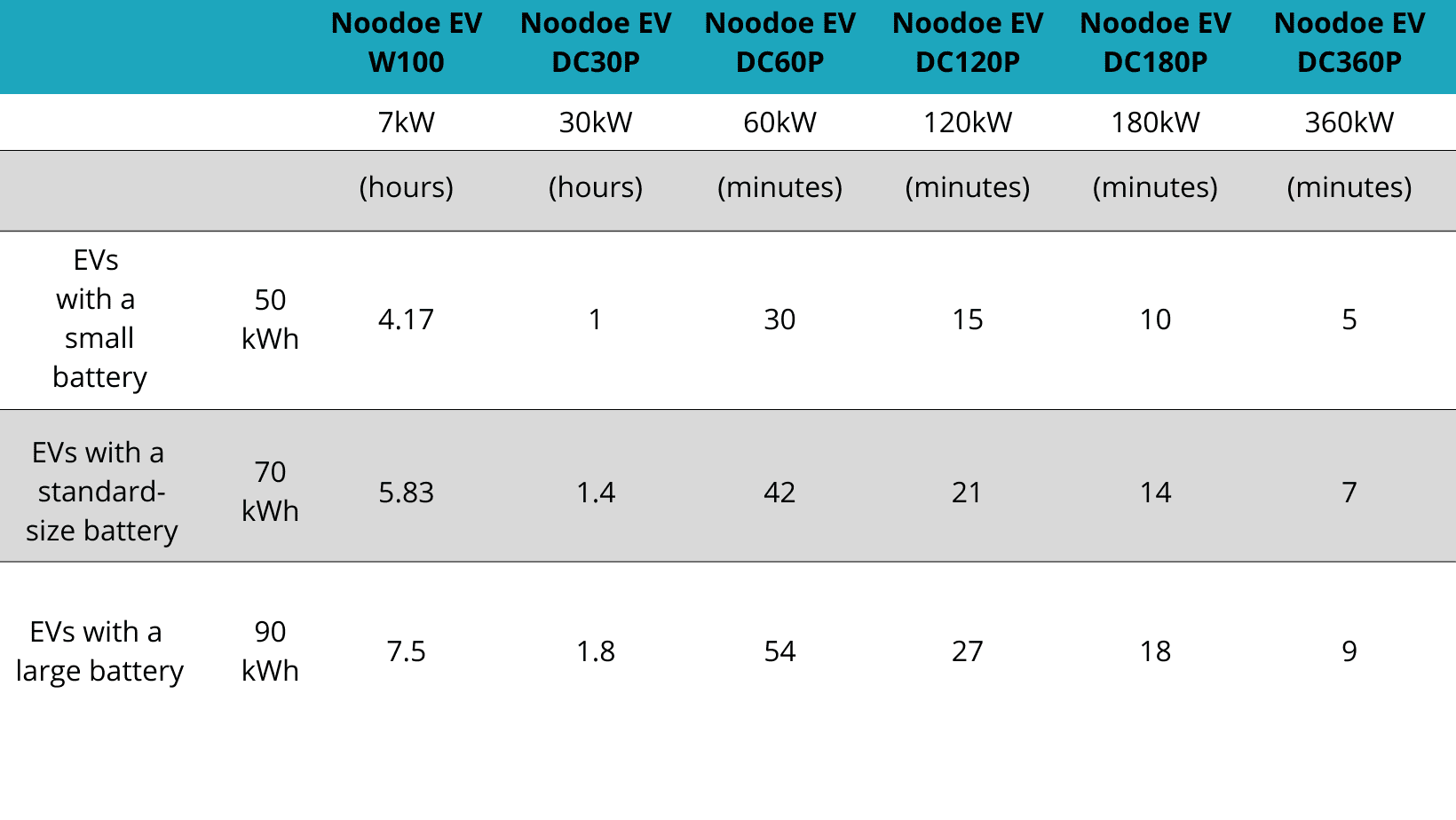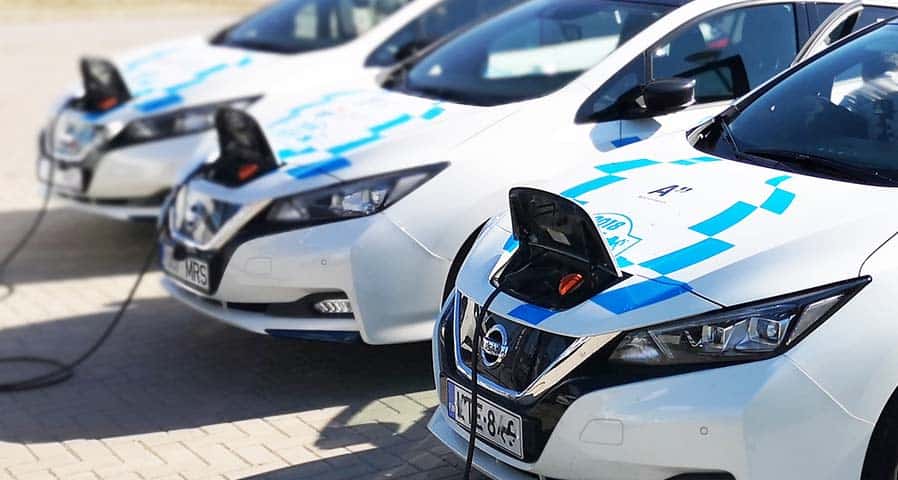EV drivers always have one question in common, what is the charging speed? It’s not a question with one answer, it depends on a few factors.
EV Charging Speeds
Charging speeds are rated in one of three ways, rate, power, and time until the battery is at 80%. The rate (km/h) lets you know the distance a vehicle can travel on a single charge. It’s an estimate, so be careful if you rely solely on this information. So that leaves us with power and time.
Power and Time
Determining an EV’s charging speed using either power or time gives you a more accurate answer. Power is a little harder to determine since it varies throughout the charging process.
It’s easier to use time to measure EV charging speeds. It answers the question of how long it takes an EV battery to go from 20% up to 80%. Using this measurement leaves out 40% of the charge, and there’s a good reason.
Keep reading to learn why.
As you continue reading you are going to come across a lot of different terminology and facts. In, Need to Know EV Charging Facts, we review them more in depth. We also suggest reading, What is 800 Volt Charging?, for a look at the future of EV Charging.
Understanding the EV Charging Chain
EV charging speeds are dependent on a few factors. Different electric vehicle models charge at varying rates. Drivers of the Porsche Tay can expect a charging speed around 225 kW while the Nissan Leaf can only handle a top charging speed of 46 kW.
The type of EV charger also affects speed, along with the power grid. DC chargers are faster than AC chargers, but both types of chargers also come at different speeds. The electric grid supplies the power to the EV charger, and the infrastructure matters.

Fast Charging Speeds – AC or DC Power
Charging speeds also depend on whether the infrastructure runs on AC or DC power. The power grid supplies AC power, but your EV has a DC battery. It means the power has to be converted before the battery will accept the charge. It also means a longer charging time.
DC or fast chargers come with an onboard power adaptor. The battery charges faster since the vehicle isn’t responsible for converting AC into useable DC power.
Battery Size
Electric vehicles come with different size batteries. It’s the same in fossil-fuel-powered vehicles. A larger engine means more power and a larger battery. Larger batteries will take longer to charge with either an AC or DC charger.
AC chargers are ideal when you need to top the battery off, but you want to use DC power when you need a full charge in a short amount of time.
Battery Charging Percentage
Here’s why most EV manufacturers list charging times between 20% and 80%. EV batteries can experience some unnecessary wear and tear if the vehicle is driven until the battery is close to dying. EV manufacturers encourage drivers to refrain from letting the charge fall below 20%. Not only does it help increase charging speeds, but it also protects the battery.
The 80% charging time also comes from the manufacturers. It’s usually how high they charge the batteries on the car lots. Charging up to 80% prevents the battery from being damaged by heat. Your battery doesn’t need to work as hard when you are only charging up to 80%. Charging speeds also slow down when the battery is at 80%.
Can Temperature Effect Your Charging Speed?
Battery and ambient temperature affect charging speeds. When your battery is too warm or cold, charging times automatically slow down to protect the vehicle. It’s the same for ambient temperature. Ideally, you want to charge your EV when it’s not too hot or cold outside. You also want to give the vehicle time to cool down before plugging it in.
EV Charging with Apogee Charging Solutions
EV charging times are affected by several factors. Temperature, battery size, and type of charger are some of the main ones. Knowing what affects charging time makes it easier for you to make the decision between installing AC or DC chargers. But there are other considerations besides just charging speed.
To speak with an Apogee Charging Solutions EV charging specialist, call 484-816-2076, email [email protected], or schedule a call that fits your needs by clicking the button below.








0 Comments